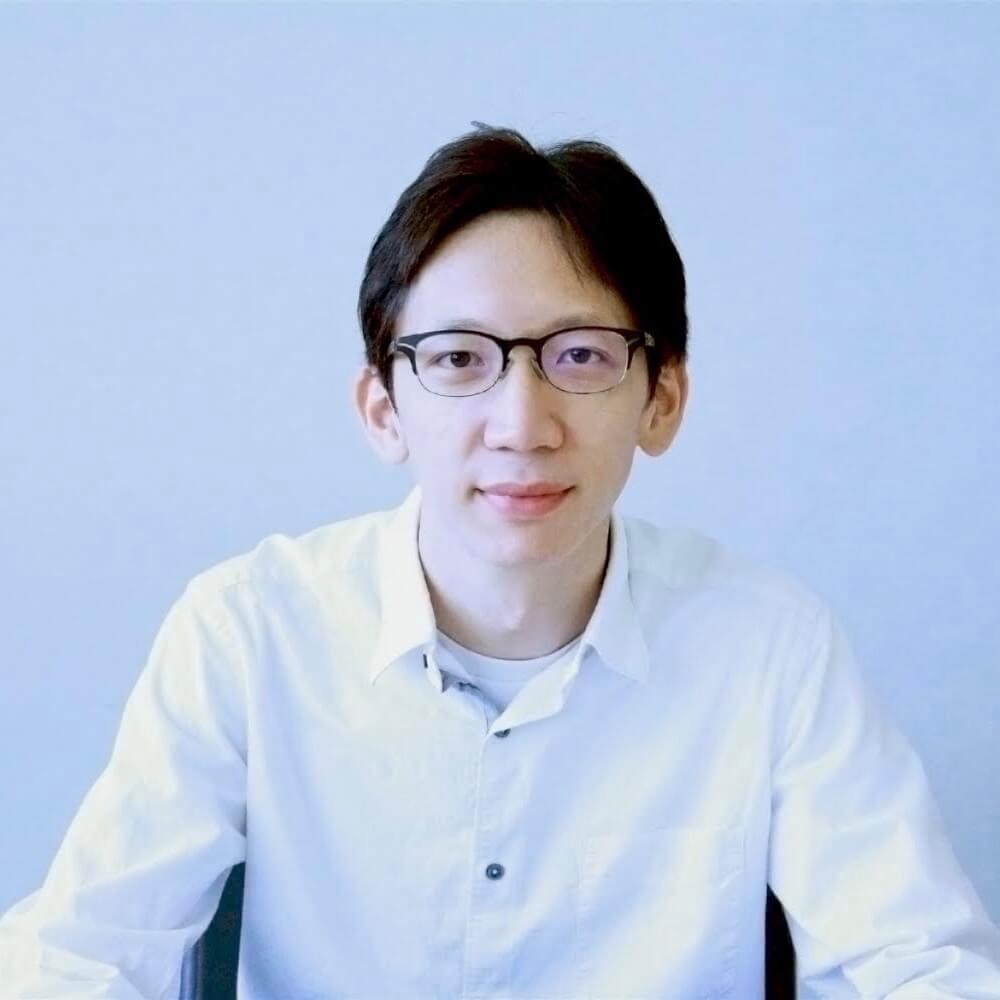Jeremy (Chi-Chun) Lee
Associate Professor of Electrical Engineering, National Tsing Hua University

"The breadth of ECE is really amazing. A saying about signal processing that I found from the IEEE signal processing society, 'the science behind our daily life,' really summarizes it all. Being in this field, not only are we just inventing tools, but also in a way contributing back to the scientific aspect that directly impact our daily life."
Why Electrical and Computer Engineering?
I like the breadth of the field. The one reason that I chose to join USC ECE undergrad was mostly due to the fact that in Taiwan, my home country, the Electrical and Computer Engineering department always ranks at the top compared to other departments. There is a sense of "prestigiousness" in terms of getting a degree in ECE. Among various fields of ECE, the signal processing aspect of ECE particularly interests me, especially as I get into junior year, mostly due to the fact that I am quite amazed by the mathematical aspect of processing signal. Signals seems to be a very abstract concept, though so many core concrete technologies that we are using in our daily life depends on it...Around the same time, I came to know Professor Narayanan, and I was completely AMAZED by the fact that developing and applying signal processing technique can be so well tied to the understanding of humans. This is something that I would never have though about when joining ECE.
How Electrical and Computer Engineering Uniquely Addresses the World's Problems
The breadth of ECE is really amazing. A saying about signal processing that I found from the IEEE signal processing society says, "the science behind our daily life," really summarizes it all. Being in this field, not only are we just inventing tools, but also in a way contributing back to the scientific aspect that directly impacts our daily life.
One of the things that sticks with me throughout the years is [the question of] whether we can take a signal-system approach to imagine the modern life that we live in. This is quite an intriguing abstraction process. I remember every time I met with Professor Narayanan, he kept telling me to "think about it as a signal and system," where the signal is our measurements (could be speech, text, facial expressions, etc.) and the thing to infer is the system (could be hidden such as emotion, mental states, and so on). To this day, I still use this particular abstraction when thinking about various research issues and technological development that I am working on now and tell my own students about it.
Advice for Current and Future ECE Students
Mindset wise: be open-minded, look around your daily life, take a critical angle in thinking about each problem and issues faced. Learn fast and try to approach professors soon. My personal experience at USC is that there are many excellent professors that are willing to help and share (for myself, Prof. Narayanan and Prof. Ortega, are two professors in the ECE department that really changed me and directed me to my current career path), but we have to approach them directly and take initiative in doing things.


